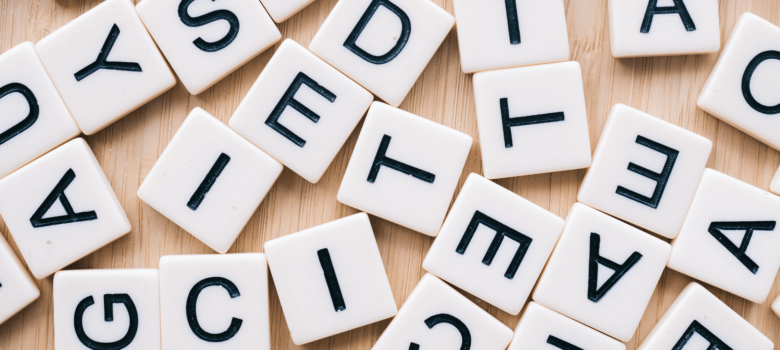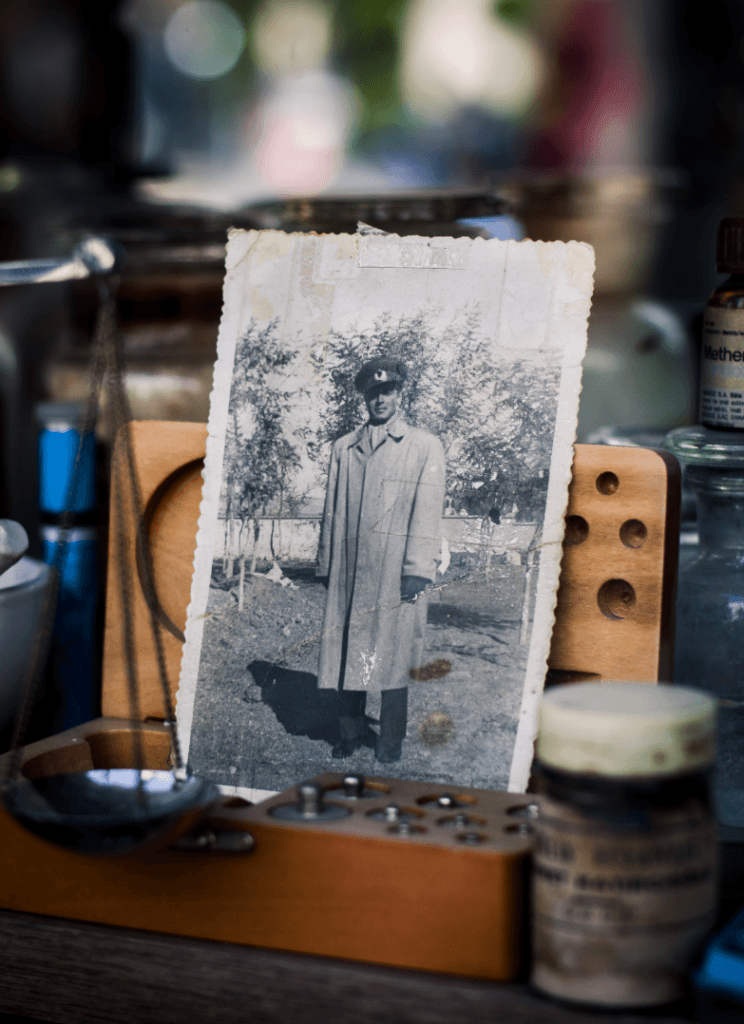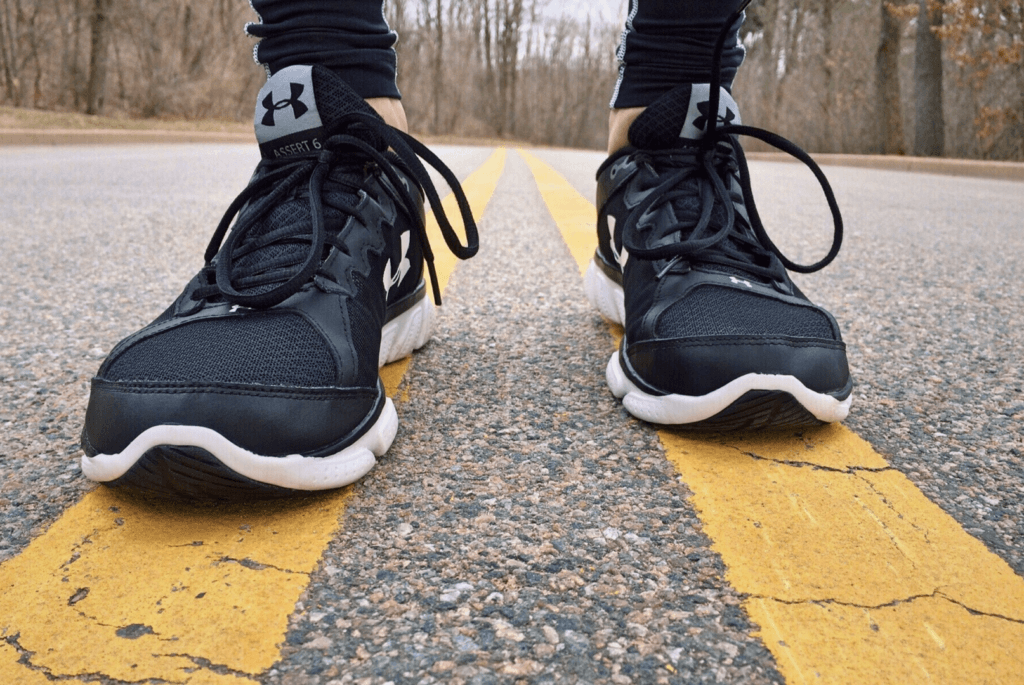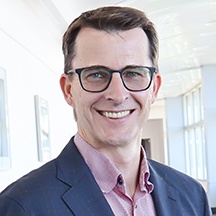

A Caregiver’s Story: The Fight Against Alzheimer’s
by Guest Author
When Judy received the news that she was predisposed to developing Alzheimer’s disease, she went to Dr. David Merrill for help. She had cared for her mother with the same diagnosis and knew that this was not the life she had envisioned for herself. Discover Judy’s memoir “Defying Destiny” as a caregiver and her fight against Alzheimer’s.
Defying the Destiny of Alzheimer’s Disease

“As my ninety-three-year-old mother relaxes in her maroon recliner, her crown of silver hair caressing her face, she scrutinizes a photo of a man in his white naval officer’s uniform which hangs on the wall directly in front of her. “Was I ever married?” she ponders, unable to recall her sixty-three-year marriage to my father. She doesn’t recognize me as her daughter or that she owns the house where we sit, the one she’s inhabited for over forty years.
I wonder, sitting across from her, am I seeing a version of myself in the future?
“Do you know about the New York Times best-selling book, The End of Alzheimer’s by Dr. Dale Bredesen?” questions the woman seated next to me in my writing class. “You might find it useful,” she comments after hearing a description of my afternoon with mom.
I read the book and then listen to the recording in my car. As I reread the book, I take detailed notes.
I had begun feeling apprehensive about my future. Years earlier, I started making lists to ensure that I wouldn’t forget anything. I kept the lists in a small notebook but frequently moved them from place to place or from notebook to notebook. More recently, I started keeping lists on my iPhone hoping to stay organized but my struggle seemed overwhelming. Who was this person that lost track of things? Certainly not the girl I used to know, the one who had a photographic memory and could picture exactly where she could find the answer in the textbook to the question on the test she was taking.
I became less and less willing to speak up in groups. The threat of forgetting a word or, worse yet, my train of thought outweighed my need to be heard. Tracking a storyline as I listened to a fellow student read their piece and formulating a meaningful comment became almost impossible as did organizing the elements in a complex story I was composing. There were times I couldn’t even share with a friend about a movie I had just seen the night before. And, I became skilled at covering all this up so that you wouldn’t suspect my struggle.

My mother had been a sophisticated, quick-witted woman with many longtime friends. She was interested in her world and she and my father explored the planet together and with friends. But, as she declined I watched as many people dismissed her when she couldn’t contribute to the conversation or answer simple questions about her children or grandchildren. Others began to ignore her and talk about her as if she wasn’t in the room.
Watching my mother lose more and more of her cognition made me feel more tender towards her. As she became more vulnerable, she became easier to love. Gone was her obsession with perfection. The house no longer needed to be orderly to a fault, the toilet paper on the rack going in the “right” direction. Gone was her critique of my appearance. “Judy, what would I do without you?” She became pure love, grateful when I drove her to the doctor’s office for check-ups, paid her bills, managed her 24-7 care and the household. However, the more my mother declined, the more I was plagued with questions about my own future. Not having a daughter or son to rely on, who would look after me?
When I had my genome tested by Twenty-Three and Me, I discovered that I had one of the two ApoE4 alleles for Alzheimer’s. My grandmother had dementia, but Alzheimer’s wasn’t mentioned in those days. According to Breseden, the population, in general, has a nine percent chance of developing cognitive disease. With one allele, the probability increases to thirty percent. If I had had one allele from each parent, my risk would have increased from fifty to ninety percent depending on the study that was read. To achieve the best results, the author recommended beginning his protocol before age seventy-five. I was seventy when I read his book.
To challenge my genetic heritage, I had my blood tested for the thirty-two factors outlined as contributing to cognitive decline. Dr. David Merrill, a psychiatrist at the Pacific Brain Center in Santa Monica, ordered the tests and entered the results into a computer program that developed my report. This “ReCODE” report delineated the factors causing my particular brain difficulties as well as the supplements I would need to take. My supplement song sounded something like this, A for Ashwaganda, B for Bacopa, C for Citicoline, and on and on the list ran almost to Z.

Diet, exercise, and sleep comprise the other prongs of the protocol. Ideally, I’m exercising three to four times a week and attending classes for strength training and aerobics to get my heart pumping. I’m fasting intermittently and following the Ketoflex 12/3 plan which means I don’t eat for three hours after dinner and before going to bed. When I wake up, I make sure that my first meal of the day is at least twelve to fourteen hours after my dinner. I play HQ Brain games on the computer three times a week for twenty to thirty minutes. This computer-based program rates my brain for attention, speed, memory, people skills, and navigation. My overall brain function has improved an average of 22% in all tested areas since beginning this program. My nutrition coach, Molly has assured me, “The point (of the brain games) is not to get a perfect score but rather to identify the areas where you need improvement. It’s been scientifically proven,” she claims, “that brain function can improve with ‘exercise’ due to the plasticity of the brain.”
When I told a friend that I was working on better sleep, she questioned, “How does one ‘work’ on sleep?” The first step was to have a sleep study done to rule out Apnea. I sleep in a dark, cool room and wear blue-light blocking glasses at least two hours before going to bed which supports my body’s production of melatonin, helping me to fall asleep more easily and without waking up during the night. An eleven-pound weighted blanket swaddles me much like a baby and also helps my body to rest more deeply. A noise/wave machine in a room without electronics or blue light contributes to a more profound sleep. And after learning that a hearing problem can account for up to thirty percent of memory loss, I was tested and now wear hearing aids.
My memory began improving within months of beginning the Bredesen protocol. One day when Steve and I were reminiscing about some people we visited once quite a long time ago in an apartment house in West Hollywood, I observed my memory functioning again. My brain reached back into its storehouse of files and pulled out the picture of that apartment house. I am now more reliable in recalling names and words. The speed with which my memory processes information is improving and most importantly I feel I have a future, again.”
– Judy Davidson
About Dr. David Merrill

David Merrill, MD, PhD, is an adult and geriatric psychiatrist. He is director of the Pacific Brain Health Center at Pacific Neuroscience Institute. He has worked for several decades with patients suffering the behavioral health sequelae of age-related neurodegenerative disorders such as Alzheimer’s disease and Parkinson’s disorder. Through his early adoption of emerging clinical practice technologies, Dr. Merrill has developed a “precision holistics” approach that combines personalized genetic and biomarker data with the best evidence-based treatments available for alleviating depression and cognitive dysfunction within the context of aging.
Related Links:
Last updated: February 17th, 2022